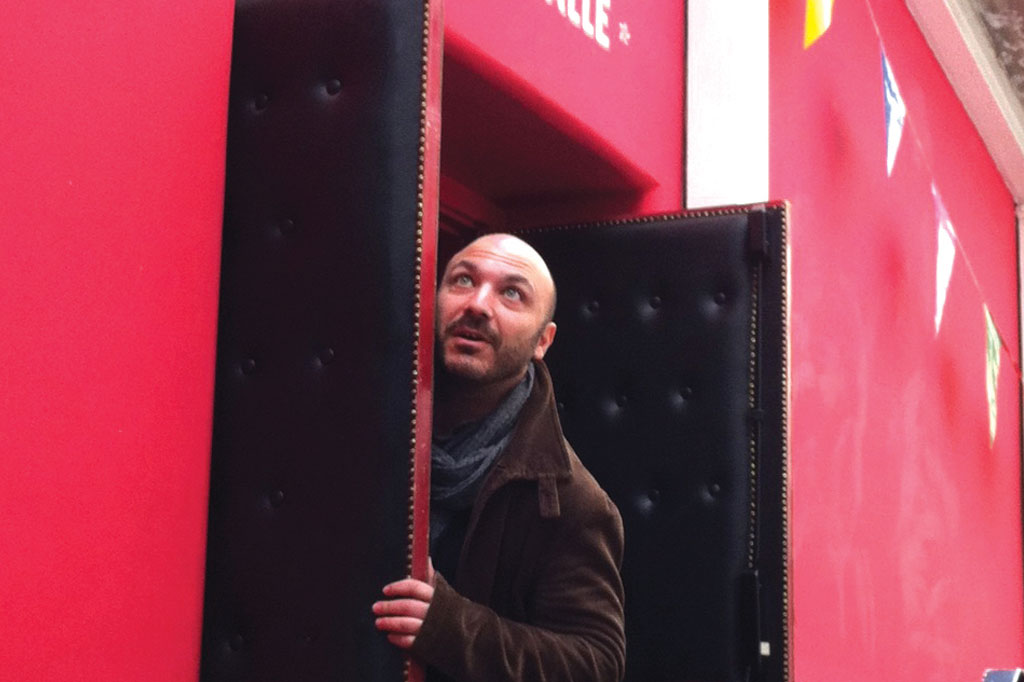With the advent of new media technologies, people around the world have instant access to uncensored news and images of revolutions through Twitter, blogs, Facebook, YouTube and an array of other social networking platforms.
Since the Arab Spring began in 2010, conversations about the “digital war” have centered on the power of social media. Did social networking play a central role in shaping political debates in the uprisings? What can the Arab Spring tell us about the future of social media in revolutionary movements? Tarek El-Ariss, assistant professor of Middle Eastern Studies, is examining these questions in his forthcoming book “Making a Scene: Literature, Social Media, and the Arab Spring.”
Focusing on new writing practices and social media, El-Ariss studies the sweeping political and social changes in the Arab world since fall 2010.
“Social media multiplies instances of scandal and exposure through hyper-circulation of images, videos and news,” El-Ariss says. “The Internet, like the street, is a site of possibility and empowerment, but also of vulnerability, harassment, regression and abuse.”
The Humanities Research Award is aiding El-Ariss in exploring the complex relationship between the literary and political aspects of the Arab world. He is one of 10 College of Liberal Arts faculty members to receive the $15,000 award, established in 2010 by Dean Randy Diehl to address the shortage of external grants to offset humanities research expenses.
“The award is allowing me to attend conferences and conduct research integral to my project,” El-Ariss says. “It has allowed me to interact with other scholars in the United States, Europe and the Middle East, gaining important insights for my work. The award also allowed me to obtain books and other materials that are advancing my research.”
Watch the Humanities Research Award Video Series.
